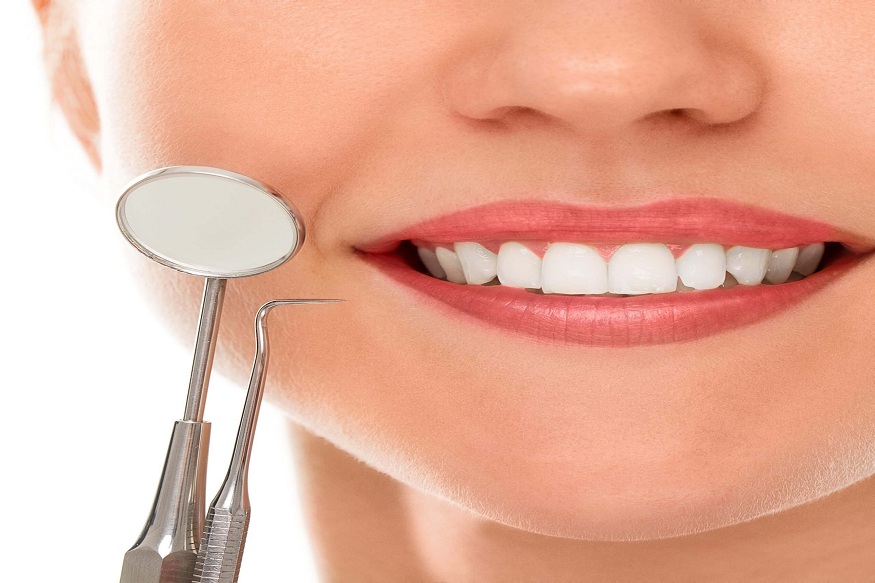Recover Right: Pain and Discomfort Management After Dental Implants
Receiving Floral Park, NY dental implants can be a life-changing experience, restoring your smile and confidence. However, as with any surgical procedure, some level of pain and discomfort is to be expected after dental implant surgery. While this discomfort is usually temporary and manageable, it’s essential to understand how to minimize and cope with it to ensure a smooth and successful recovery.
In this article, we will explore the common causes of pain and discomfort after dental implant surgery, as well as provide valuable tips and strategies for managing pain and promoting healing, so you can enjoy a comfortable and speedy recovery from your dental implant procedure.
What Are The Common Causes of Pain and Discomfort After Dental Implant Surgery?
Here are common causes that can lead to pain and discomfort after dental implant surgery:
- Surgical Trauma: Dental implant surgery involves making incisions in the gum tissue and drilling into the jawbone, which can cause trauma to the surrounding tissue.
- Swelling and Inflammation: Swelling and inflammation are natural responses to surgery, and can cause pain and discomfort.
- Bone and Gum Healing: The healing process can cause discomfort, especially during the first few days after surgery.
- Nerve Damage: In some cases, dental implant surgery can cause nerve damage, leading to numbness, tingling, or pain in the mouth, lips, or tongue.
How to Manage Pain and Discomfort?
Pain and discomfort due to dental implant surgery can be managed through the following:
- Pain Medication: Your dentist or oral surgeon may prescribe pain medication to help manage discomfort. Be sure to follow the instructions carefully and only take the medication as directed.
- Ice Packs: Applying an ice pack to the affected area can help reduce swelling and ease pain.
- Warm Saltwater Rinses: Rinsing your mouth with warm salt water can help reduce swelling, ease pain, and promote healing.
- Soft Food Diet: Eating a soft food diet can help reduce discomfort and promote healing. Avoid eating hard, crunchy, or spicy foods for at least a week after surgery.
- Rest: Getting plenty of rest and avoiding strenuous activities can help your body recover from surgery and reduce discomfort.
Additional Tips for Managing Pain and Discomfort
- Avoid Smoking and Tobacco Products: Smoking and tobacco products can slow down the healing process and increase the risk of complications.
- Avoid Drinking Through a Straw: Drinking through a straw can dislodge the blood clot and disrupt the healing process.
- Avoid Spitting or Rinsing Vigorously: Spitting or rinsing vigorously can dislodge the blood clot and disrupt the healing process.
- Use a Humidifier: Dry air can irritate the mouth and throat, making discomfort worse. Using a humidifier can help keep the air moist and promote healing.
- Stay Hydrated: Drinking plenty of water can help promote healing, reduce discomfort, and prevent dehydration.
When to Seek Medical Attention?
If you experience any of the following, seek medical attention immediately:
- Severe Pain or Discomfort: If your pain or discomfort is severe, or if it worsens over time, seek medical attention.
- Bleeding or Swelling: If you experience heavy bleeding or swelling, seek medical attention.
- Infection: If you experience signs of infection, such as fever, chills, or increased pain, seek medical attention.
- Numbness or Tingling: If you experience numbness or tingling in your mouth, lips, or tongue, seek medical attention.
Bottom Line
Dental implant surgery can be a successful and life-changing procedure, but it can also be accompanied by pain and discomfort. By understanding the common causes of pain and discomfort, and by following the tips and strategies outlined in this article, you can manage pain and promote healing.
Remember to seek medical attention if you experience any signs of complications or problems. With proper care and attention, you can enjoy a smooth and successful recovery from dental implant surgery.


Leave a Reply
You must be logged in to post a comment.